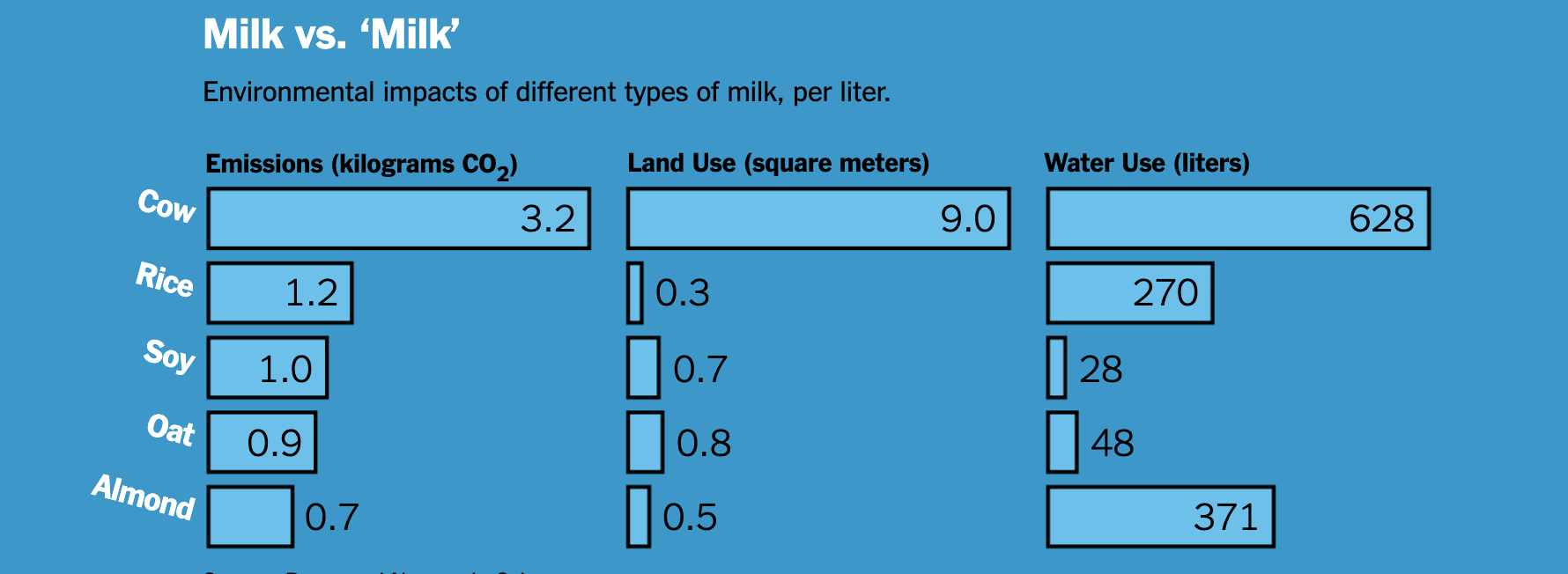Going vegan for the environment
Animal agriculture is having a devastating effect on our environment, both here in the UK and globally; contributing to climate change, deforestation, water pollution and the depletion of natural resources.

The role of animal farming
- Most recent research suggests that animal agriculture is responsible for 16.5% of all global greenhouse emissions.
- The global greenhouse emissions of animal-based foods are twice that of plant-based foods.
- Animal agriculture occupies 85% of land in the UK. This is by farming the animals, and also growing feed for ‘livestock’.
- Animal agriculture is one of the biggest causes of deforestation worldwide; 90% of Amazon Rainforest deforestation can be attributed to red meat production.
- Animal agriculture – particularly chicken and dairy farming – is the biggest cause of water pollution in the UK.
- Discarded fishing equipment is one of the biggest causes of ocean plastic pollution.
In short, animal agriculture is killing the planet. It is a huge waste of resources and land, and causes huge amounts of deforestation, and greenhouse gas emissions.

Source: Poore and Nemecek
As well as polluting the environment, dairy production is particularly resource-intensive, requiring almost twice as much water to produce 1 litre of cow’s milk than other plant-based alternatives. Even the most ‘thirsty’ of all plant milks – almond! – uses only 60% of the water needed for cow’s milk. Soy and oat milks are even more sustainable, using 28 and 48 litres of water, respectively (a fraction of the 628 litres required to produce a litre of dairy milk).
The production of plant-based foods requires less land, fewer resources, and produces vastly fewer greenhouse gas emissions.
In fact, research shows that the carbon footprint of a vegan diet can be as much as 60% smaller than a meat-based one, and 24% smaller than a vegetarian diet. The need for a shift to more plant-based diets is widely recognised by bodies such as the International Panel on Climate Change (IPCC) and the United Nations Food and Agriculture Organisation (UN FAO).
“A vegan diet is probably the single biggest way to reduce your impact on planet Earth[.]” – Prof. Joseph Poore